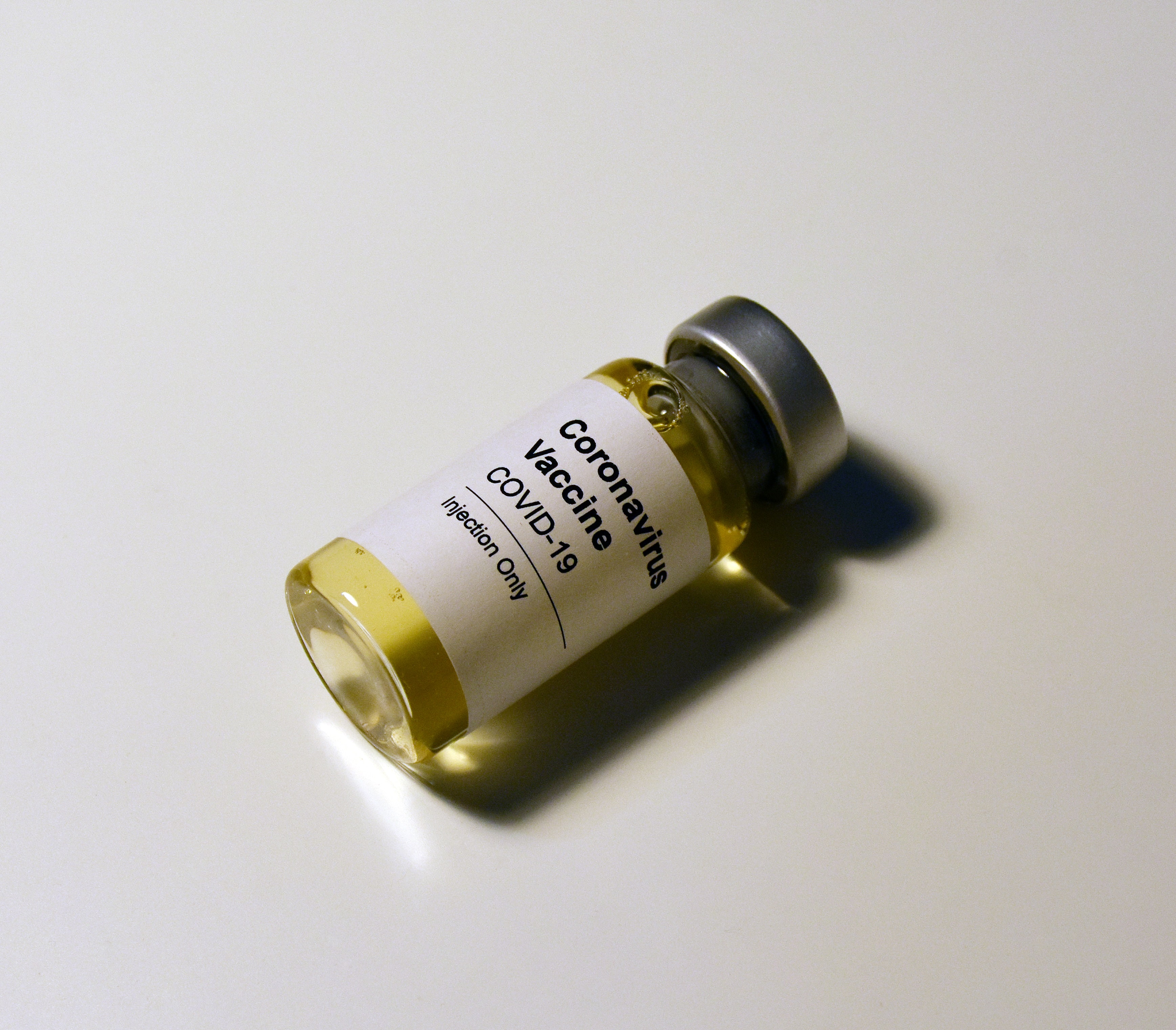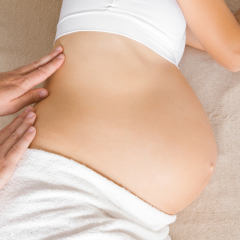
The COVID-19 pandemic has caused immense changes in our daily lives and in the way society works. The global health system has suffered tremendously from this pandemic, but thanks to the huge combined effort of governments worldwide and the scientific community, we have several vaccines at the start of 2021.
There are different types of vaccines for various diseases. Some are attenuated full virus vaccines like, for example, rubella, which is contraindicated in pregnancy because there is a risk that attenuated viruses can become active and cause infections. Yet, others do not contain the full virus but rather certain parts designed to generate an immune response to fight a future infection, like the hepatitis B vaccine, which is safe to take during pregnancy.
The vaccines approved for COVID-19 are messenger RNA vaccines (Pfizer-BioNTech and Moderna COVID-19) and do not contain the full virus. This means these vaccines are in theory safe during pregnancy. Animal studies have shown no toxicity in pregnancy, but these studies have not yet been replicated in humans — therefore it has not yet been recommended for pregnant women.
In the United States, the Centers for Disease Control and Prevention (CDC) has allowed pregnant women at high risk of getting COVID-19 (healthcare workers, for example) to take the vaccine if they wish, but at their own risk. In Ireland, the HSE has preferred to defer vaccination on pregnant women and women currently trying to conceive. It does mention that pregnant women with high risks of COVID-19 can take the vaccine between the 14th and 33rd weeks of pregnancy if the benefits outweigh the risks.
Key points for vaccination in women who are pregnant or trying to conceive:
- Pregnant women should not be vaccinated unless at high risk, and after consulting with their doctor;
- If you are not sure if you are pregnant or not, delay vaccination until you have taken a pregnancy test;
- If you are currently trying to conceive, you should delay getting the vaccination;
- If you are getting vaccinated, you should avoid getting pregnant until two months after the last dose;
- If you have received the first dose and you get pregnant, do not opt for the second dose until your pregnancy is over;
- The HSE considers it safe to get the vaccine when breastfeeding.
All of us at team ReproMed are working to keep you safe and informed about everything related to your fertility treatment, pregnancy and the COVID-19 vaccine implications.
Follow us on Facebook, Twitter, Instagram and YouTube to make sure you're up to date.
More than ever before, #fertilitymatters.













